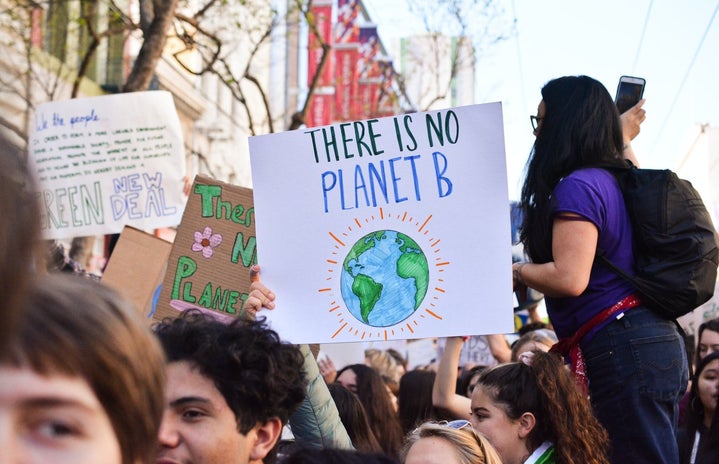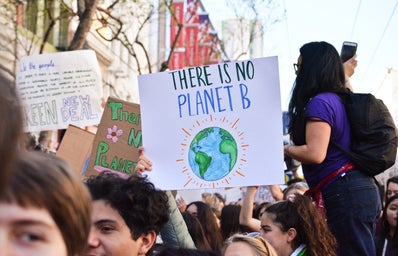It was only last year that the world saw a tremendous decrease in greenhouse gasses and carbon emissions due to the COVID-19 pandemic that halted all activities worldwide. Many countries were fortunate to witness clear blue skies and clean rivers after decades and we could finally inhale fresh air again. As a result of the worldwide lockdown, fossil fuel consumption had decreased significantly which therefore reduced global CO2 emissions by 5.8% according to the International Energy Agency.
While this improvement in emissions during the past year seemed promising, recent data released by the International Energy Agency shows that the CO2 emissions recorded in December 2020 were 2% higher than the previous year. As many countries have begun to reopen and implement various policies to get their economies on track, what is evident is that in the process of stabilising economic growth, policies of energy security and net-zero emissions are being forgotten and emissions are rising back to their pre-pandemic levels.
According to the International Energy Agency report, with economic activity increasing, many countries are seeing a rise in carbon emissions to the pre-covid level. China recorded an increase in emissions from its 2019 level after the relaxation of lockdown restrictions. Similarly, in India, emissions rose after September 2020 as economic activity slowly started to increase. With many other countries such as the US where economic activity is slowly going back to normal unless they implement severe clean energy policies to revive their economies, global emissions will be higher in 2021, creating significant long-term effects on the world’s climate.
In the last two years itself, the world has witnessed some of the biggest wildfires, storms, droughts and heatwaves, indicating that climate change is worsening each year. While the COVID-19 pandemic proved to be a period where there was a remarkable achievement in reducing greenhouse gasses and going on the right track to fulfil net-zero emission goals, the rise of carbon emissions to pre-pandemic levels indicates the need for countries to reopen their economies using clean energy policies and push for faster renewable energy adaptations before it is too late to reverse the climate change problem.



